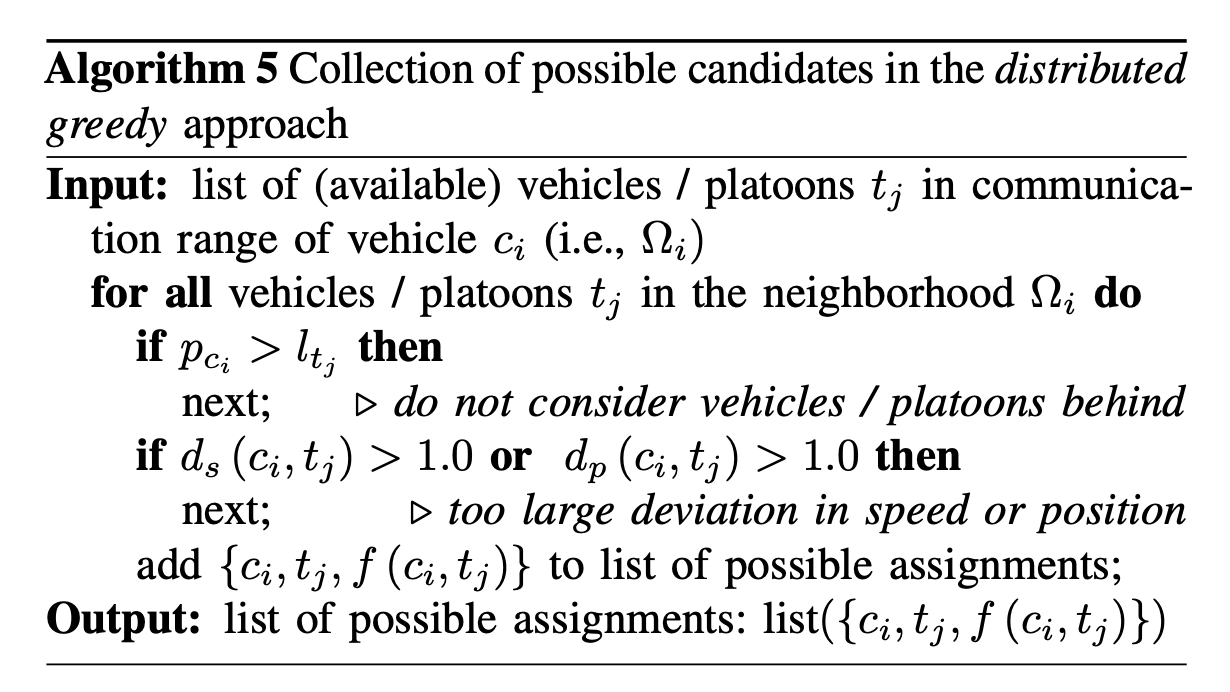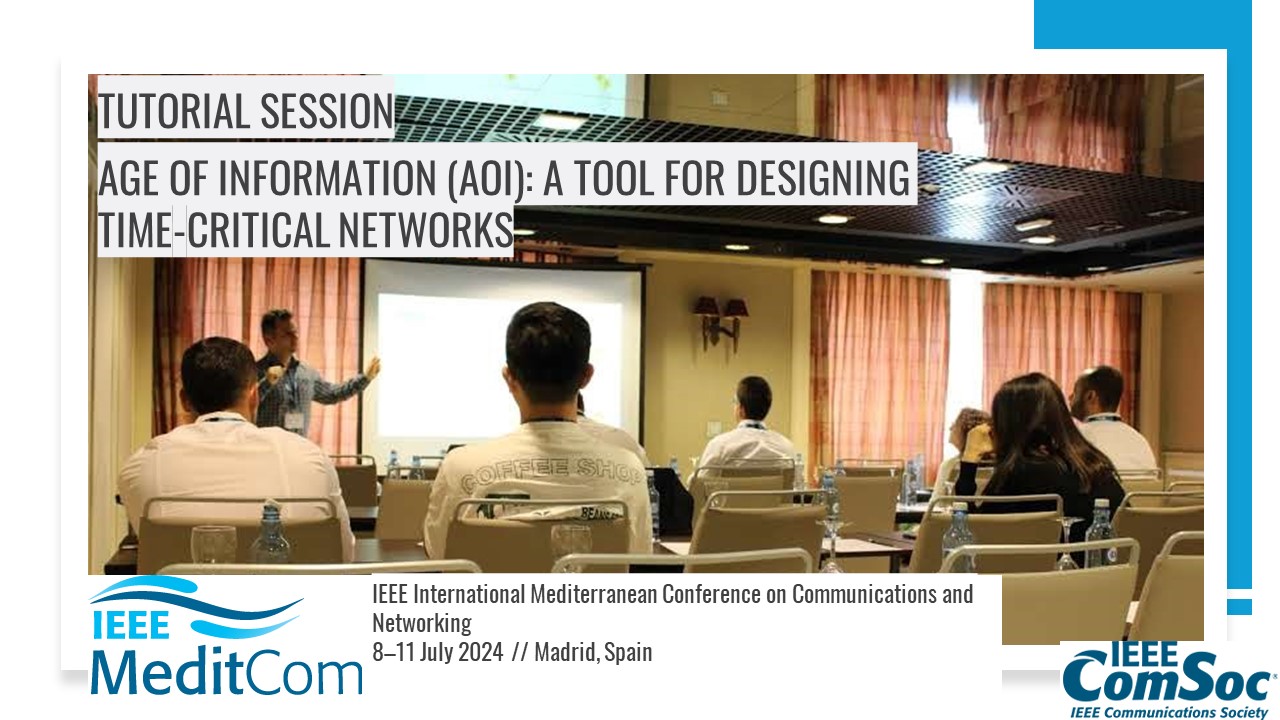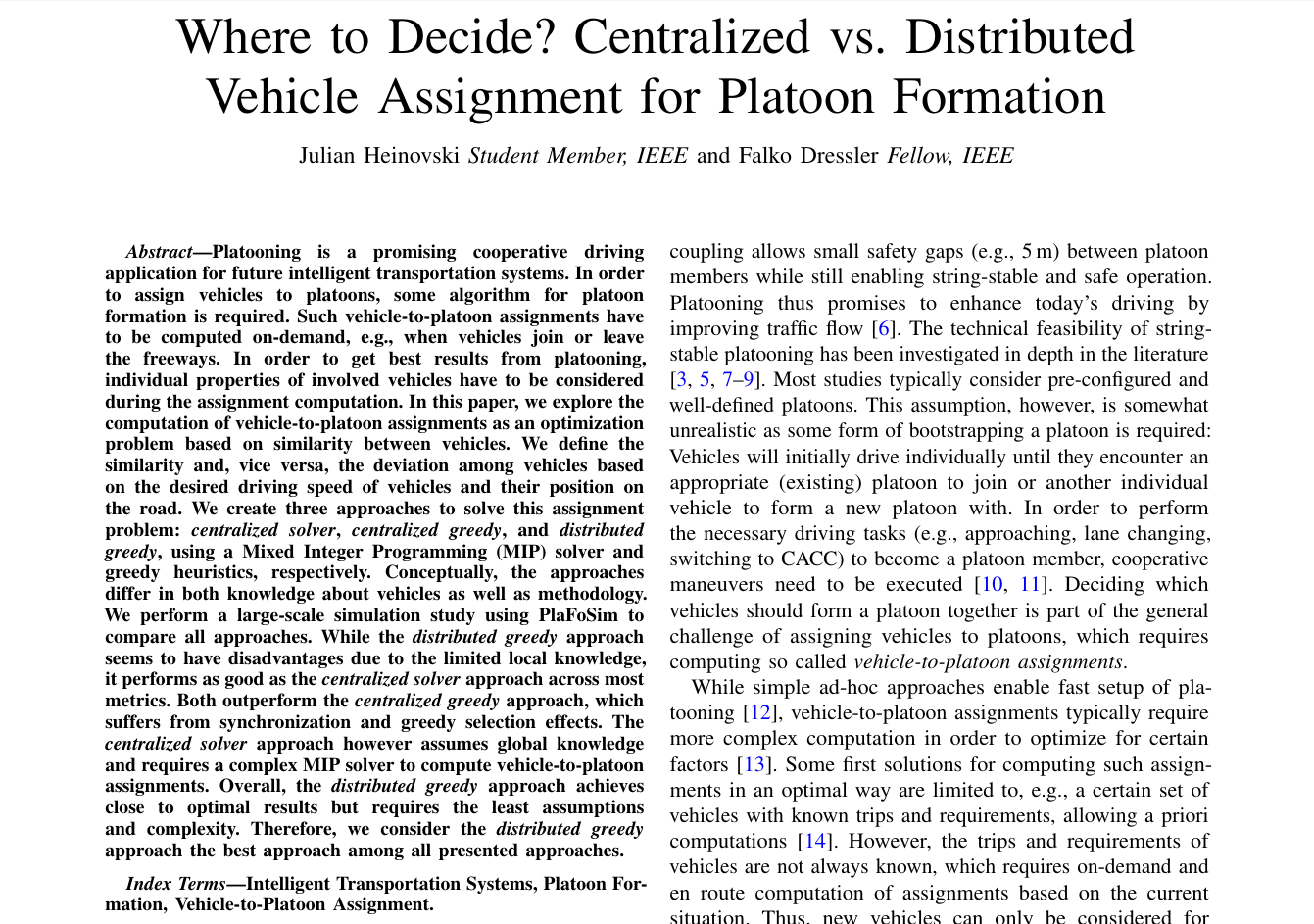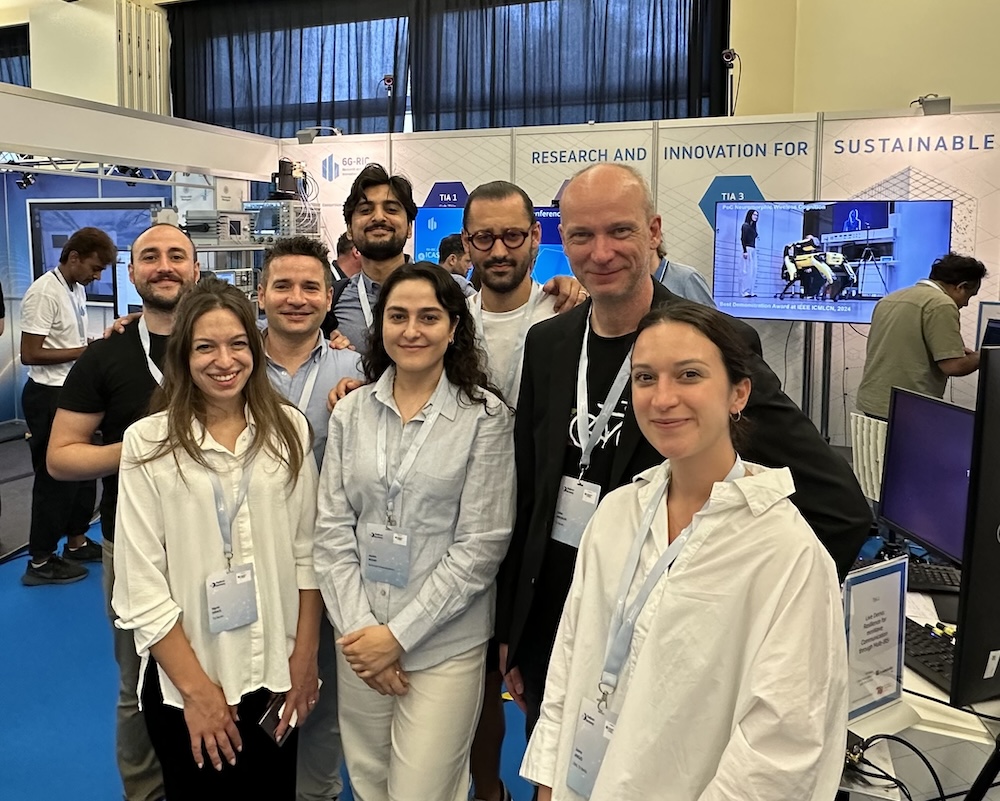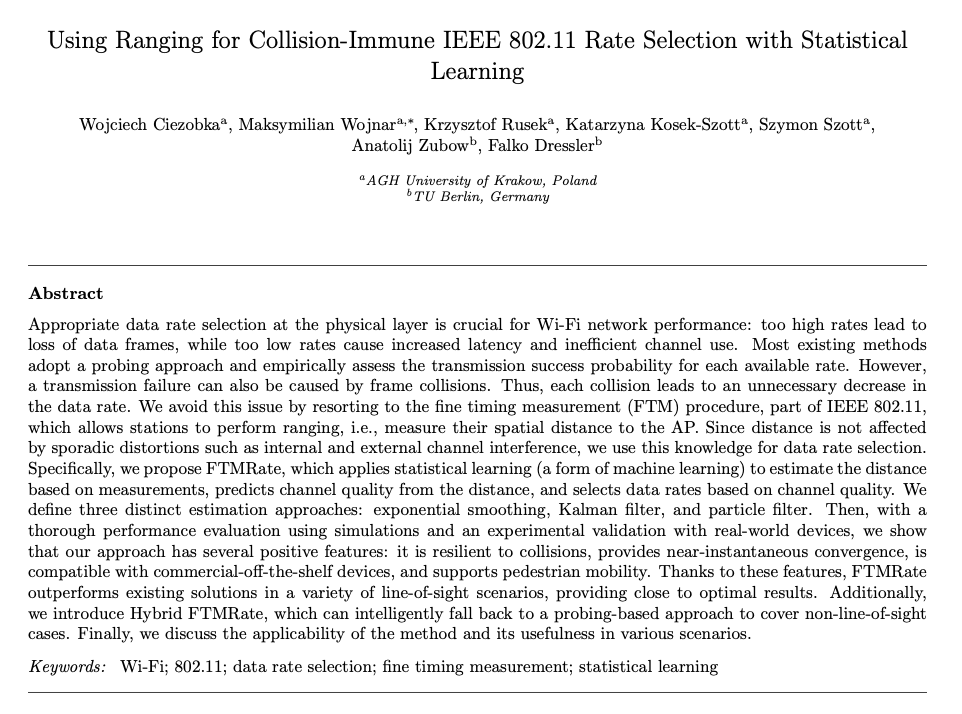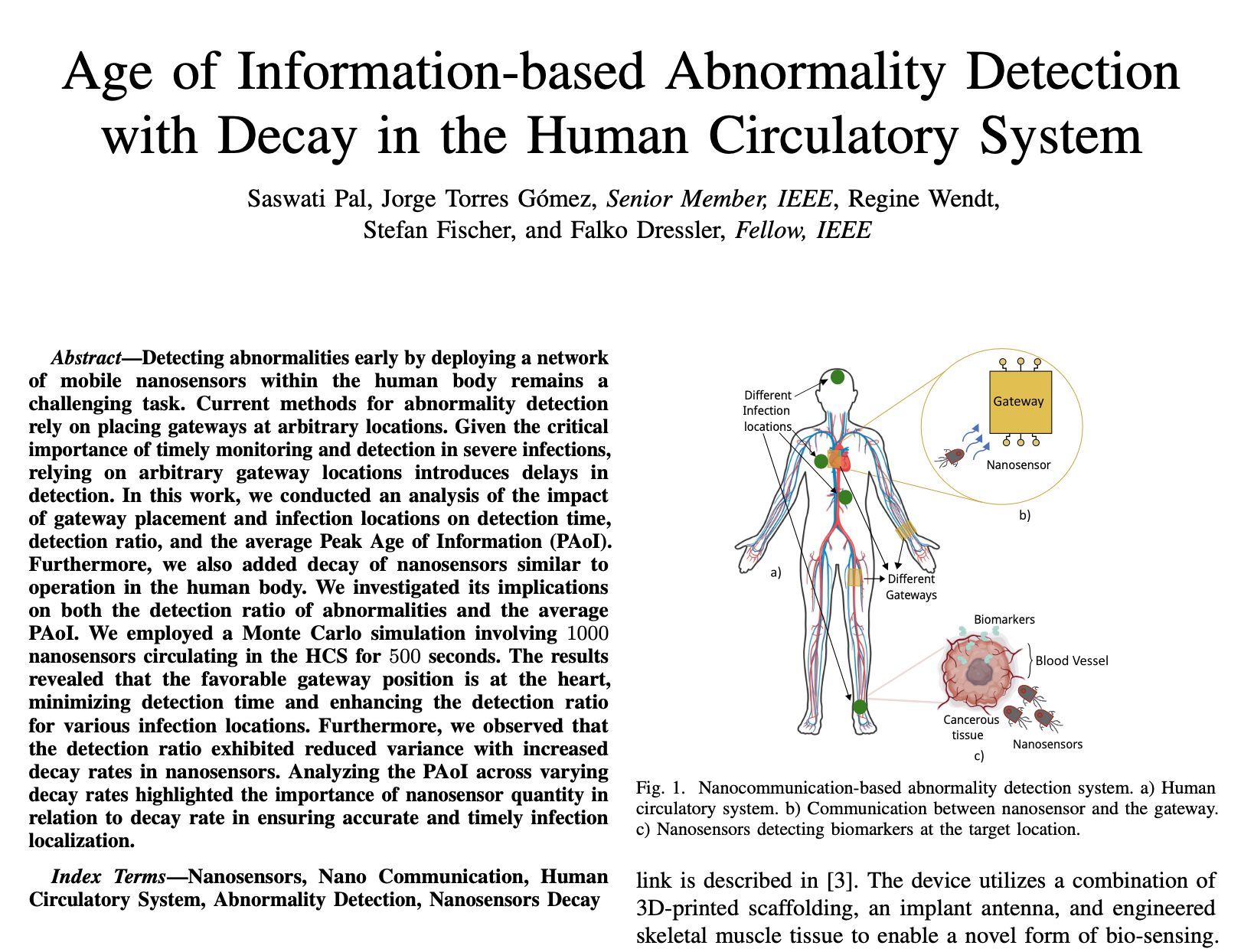Pogona – Simulation of Macroscopic Molecular Communication


Pogona – Simulation of Macroscopic Molecular Communication
Summary
The Pogona simulator has been developed as part of a research project funded by the German Ministry of Education and Research (BMBF) on macroscopic molecular communication. The underlying idea is to use a computational fluid dynamics (CFD) simulator to pre-compute a vector field. Pogona then reads this vector field and simulates the movement of particles by making the particles follow the flow speed vectors.
If you are using Pogona in your own work, we would appreciate a citation: Jan Peter Drees, Lukas Stratmann, Fabian Bronner, Max Bartunik, Jens Kirchner, Harald Unterweger and Falko Dressler, "Efficient Simulation of Macroscopic Molecular Communication: The Pogona Simulator," Proceedings of 7th ACM International Conference on Nanoscale Computing and Communication (NANOCOM 2020), Virtual Conference, September 2020.
[DOI, BibTeX, PDF, More details]
Jan Peter Drees, Lukas Stratmann, Fabian Bronner, Max Bartunik, Jens Kirchner, Harald Unterweger and Falko Dressler, "Efficient Simulation of Macroscopic Molecular Communication: The Pogona Simulator," Proceedings of 7th ACM International Conference on Nanoscale Computing and Communication (NANOCOM 2020), Virtual Conference, September 2020.
[DOI, BibTeX, PDF, More details]
Sources
See also
Contact
Last modified: 2023-10-07

